The academic branch of Nothern Nigeria in 1933 organized a competition for educators who were interested in writing books in the Hausa language. Among the competitions were Abubakar Imam, who wrote the fabled Ruwan Bagaja and his brother Malam Bello Kagara. The competition was the first of its kind in the region, and it succeeded in bringing out some great erudition works in the North. Sadly enough, no woman took part in this competition.
Some 30 years later, in the 1970s, another writing competition was organized by the Nothern Nigerian Publishing Company (NNPC) in Zaria. This time around an 18-year-old teenager decided to enter. She entered a book she originally wrote in Hausa and only translated it to English when she heard of the competition. The book – So Aljannar Duniya (love is heaven on earth) – came second in the contest. The name of the author is Hafsat Abdul Waheed. She was the first female love novelist from Nothern Nigeria.
Who is Hafsat Abdulwaheed?
Hafsat Abdulwaheed was born on May 5, 1952 in Kofar Mata quaters, Kano. She did her primary education at Shahuci Primary School and secondary school at Provincial Girls School currently known as Shekara Girls Secondary School, both in Kano State.
Hafsat Abdulwaheed started writing when she was in primary school, where she wrote folk tales for which she received awards. By the time she has started attending school, she developed writing skills from the assignments she was given. She wrote her first published novel when she was in primary five. She has written more than 30 books, many of which have remained unpublished. Her famous book remains So Aljannar Duniya.
So Aljannar Duniya
The masterpiece—So Aljannar Duniya (love is heaven on earth)— came second in the contest. It was published in 1972 and republished in 1980. It became the first novel to be written by a female author in Nothern Nigeria. The theme of the book revolved around love and forced marriages, a subject that was considered taboo in society and was underrepresented in books written by male writers in the region. The book was inspired by the experiences of her elder sister who at that time married a Libyan and the cultural differences began to generate friction in the marriage.
The book has been translated into English, Arabic, and fulfude due to the demand. So Aljannar Duniya was later adopted by several schools and institutions as a study text in the curriculum.
Hafsat Abdulwaheed’s Other Books
Though “So Aljannar Duniya” was her was Hafsat’s first love novel, it was also her last. She wrote 6 more books exploring so many topics including two nonfiction, stories that teach morals and could be read to children, and one poetry book in English.
Some of Hafsat’s published books include;
Yar Dubu mai Tambosai (“Yardubu the Possessed” – fiction)
Nasiha ga Ma’aurata (Admonition for the Married Couple – non-fiction)
Namijin Maza Tauraron Annabawa (non-fiction on the life of Prophet Muhammad)
Tauraron Annaba (The Courageous Man: The seal of the Prophets)
She is now focused on writing Islamic books. Authors who have influenced her the most include; Abubakar Imam and Sai’du Ahmad Daura author of Tauraruwar Hamada.
Achivements
The emergence of the first female author from Nothern Nigeria, threading on uncharted territories changed the dynamics of writing in Nothern Nigeria. This led to the rise of popular female authors of the so-called Kano market literature popularised in the 1990s. It won’t be an exaggeration if it is said that she paved way for authors like Zainab Alkali, Bilkisu Ahmad Funtua, Talattu Wada Ahmad, Balaraba Ramat Yusuf, and others in the region.
Political Activities
Along, with being a writer she’s also a women’s rights activist and politician. She has an NGO which assists women from Nothern Nigeria in dealing with domestic violence. Her journey into politics was spurred by the lack of inclusion of females in Zamfara state’s cabinet. The Governor of Zamfara at that time felt no female was educated enough to be in his cabinet, which Hafsat felt was an insult because in her house alone all her daughters were very educated.
She decided to contest the gubernatorial elections herself. Even though she ended up being denied the ticket by her party based on cultural and religious reasons, her courage to challenge the incumbency resulted in more women being appointed to the cabinet subsequently.
Hafsat Abdulwaheed’s Family
Through her efforts to contribute to society were truncated, she got to achieve that through her children. This includes Kadaria Ahmad, a prolific journalist and Zainab Ahmad, the wife of the current Governor of Kaduna State, Nasir El-rufai.
She had ten children, seven of whom are alive. She is happily married to her husband, Muhammed Ahmed Abdulwaheed, with whom she lives with in Zamfara state.

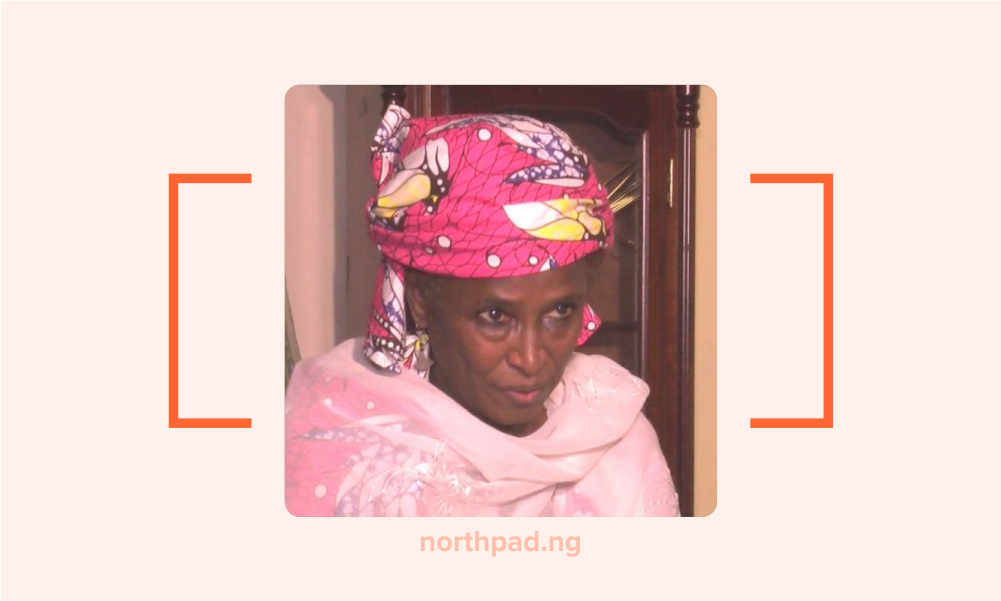

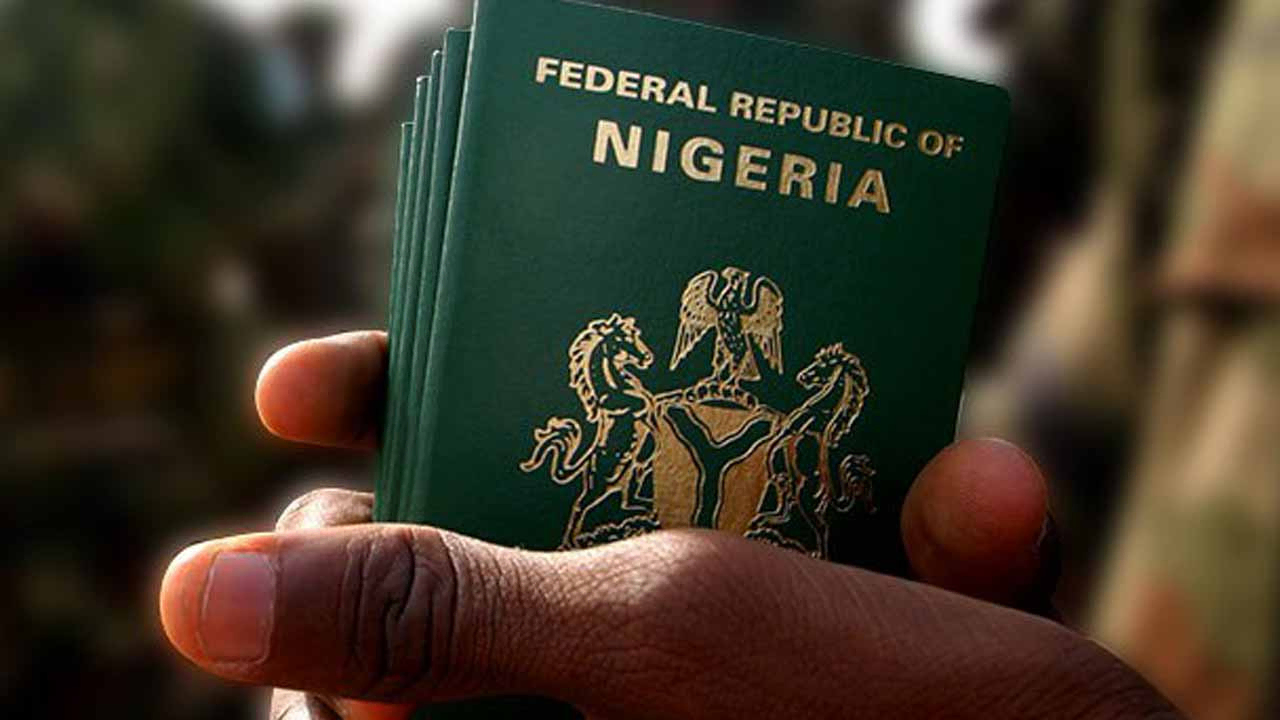

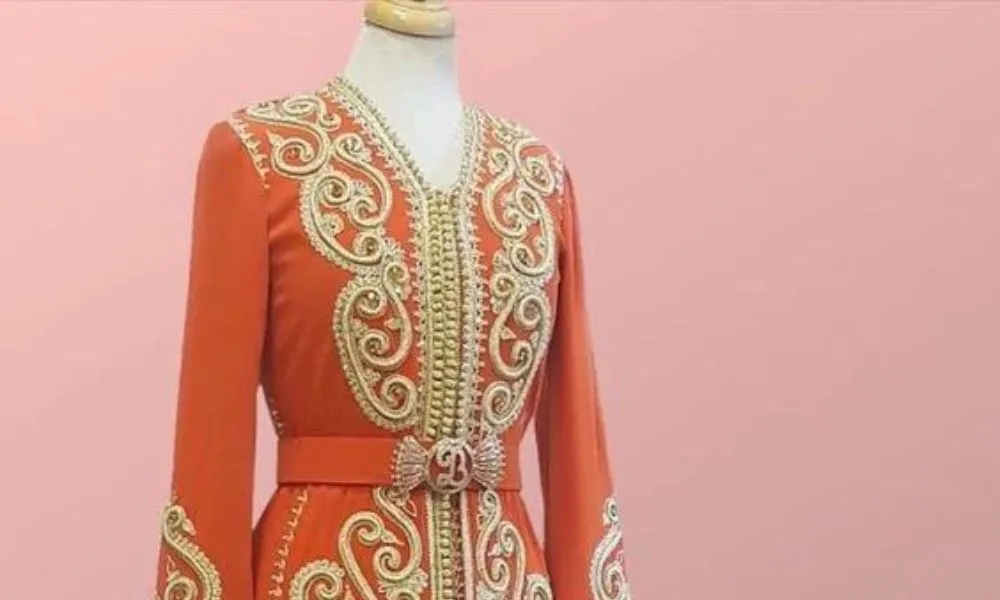
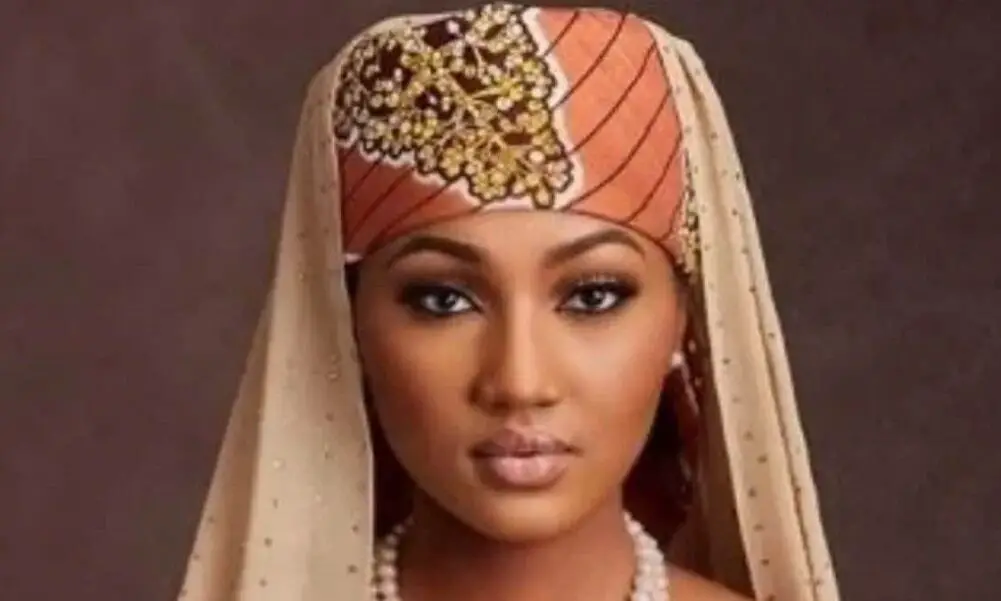
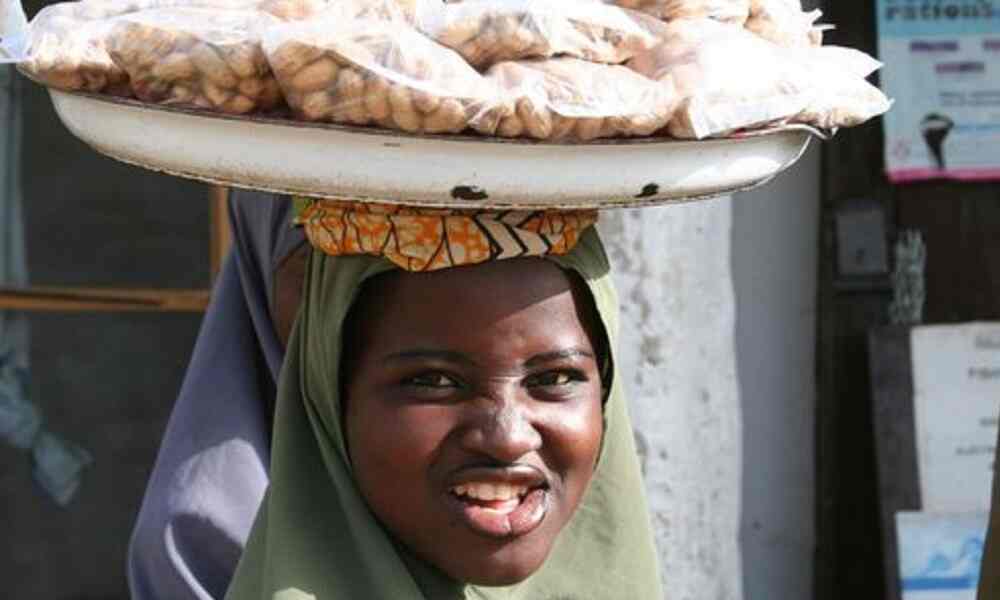


An interesting read. Quite a remarkable woman.